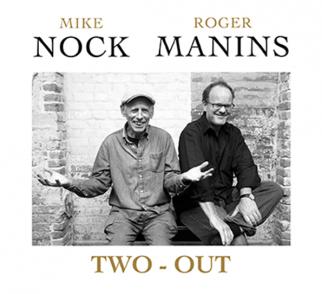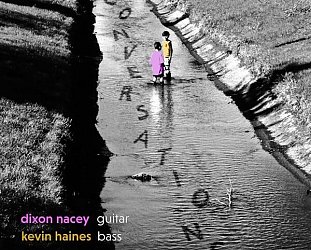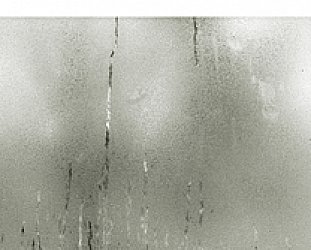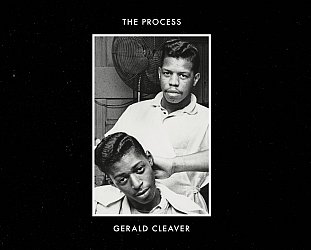Graham Reid | | 2 min read
Mike Nock and Roger Manins: Tennessee Waltz

Some weeks ago for background on a non-Elsewhere project I spent time listening through to at least a dozen, probably many more, albums by pianist/composer Mike Nock.
They covered everything from solo recordings through duets and trios to large ensembles, from straight-ahead jazz piano to his early music which edged into proto-fusion.
Nock's discography is expansive: Norman Meehan's bio Serious Fun; The Life and Music of Mike Nock allows for six pages to get it to 2010, and Nock just keeps adding to it.
I found I kept returning to two vinyl albums, perhaps because they were the ones which really alerted me to his particular genius: Piano Solos from '78, and the duet album with drummer Frank Gibson on Open Door from '87.
The solo one for obvious reasons and the duets because that is such a demanding idiom (nowhere to hide for either player) and they were free improvisations in the studio.
But this album by New Zealand-born, Australia-based Nock with Auckland-based tenor saxophonist Roger Manins (who played in Nock's bands in Sydney) is a very different project from many others in the pianist's catalogue, however it is up there among the best for the sheer pleasure that it gives.
Here, under an album title which alludes to Nock's famous 3-Out Trio of the Sixties, are 11 standards – most first takes, says Nock – recorded in a hall in the Sydney Conservatorium of Music (where Nock has long been a teacher) and the warmth of the room, the space, the production and the playing come shining through.
Just listen to the wonderful, melodic ease in Manin's solo opening passages on the Duke Ellington/Billy Strayhorn classic Isfahan -- and how Nock enters with such deftness behind him -- to feel the mood of this collaboration.
Or how the opener Falling In Love With You has a wit and eloquence in their interpretation during which Manins teases out the melody into various directions while Nock grounds the whole thing with solid chords, before he too walks away with the tune.
Or the inclusion of Tennessee Waltz, one of the saddest tunes ever written, which is here given an understated, soulful reading by Manins' tenor and Nock's playing, in which both players create little melodic sidesteps and pauses while holding that delightful tune close to their hearts. And around the midpoint Nock and Manins lift it out of its reverie with an optimism which is as fleeting and as ineffably sad as the old country song they briefly leave behind.
We'll Be Together Again has a timeless poise and poetic ache in its midnight-blue slow progression, and the Gershwins' It Ain't Necessarily So gets a brooding soul-blues treatment which discreetly pushes it away from its often-overstated Porgy and Bess treatment and goes to the heart of the doubter's sentiment of the (unheard) lyrics.
Echoes of other eras and players are tangentially evident here – perhaps Bill Evans, subdued Keith Jarrett, melancholy Lester Young – but by the end of the closer Golden Earrings (European Romanticism in the house) you know you have been in the presence of two unique individuals who have made exceptional music together.







post a comment